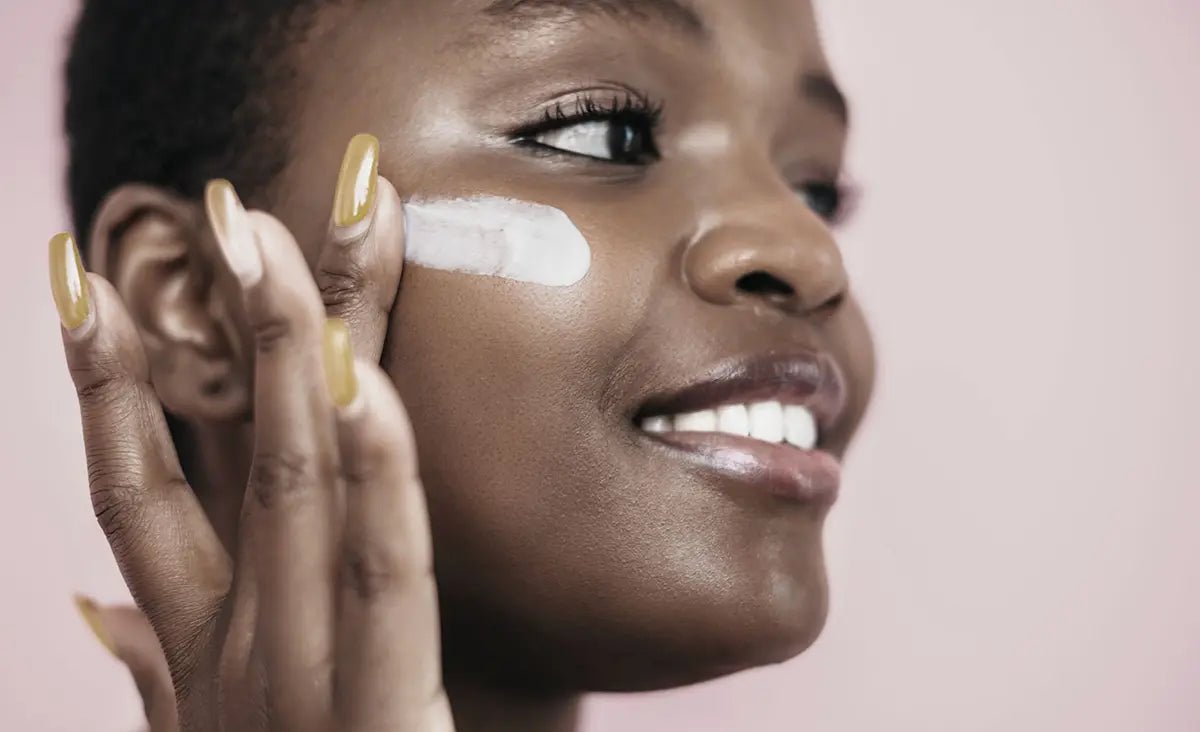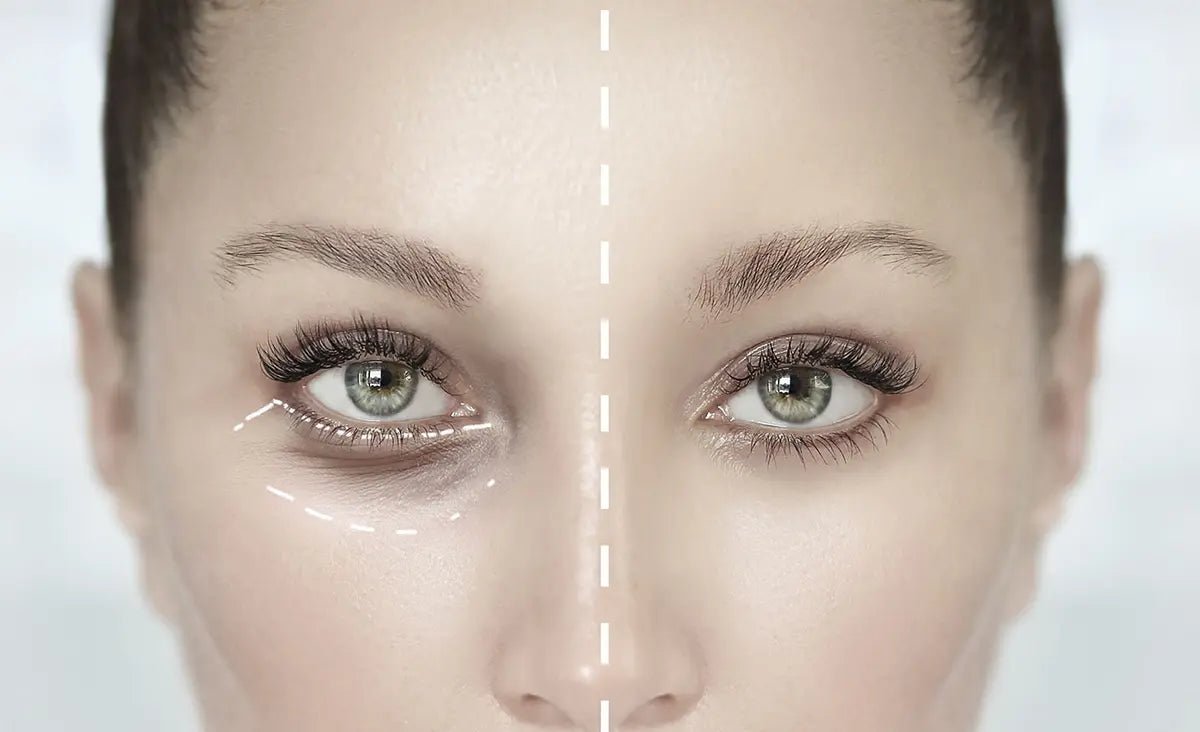While cosmetic treatments like fillers, microdermabrasions, and injectables like Botox are widely popular, they come with potential risks that shouldn’t be ignored. Here’s what you need to know about each:
1. Fillers
Dermal fillers are often used to enhance volume and smooth wrinkles. However, complications can occur, including infections, allergic reactions, or granulomas (small lumps under the skin). A 2018 study published in JAMA Dermatology highlights that, while rare, vascular occlusion—when the filler is injected into a blood vessel—can lead to severe complications such as tissue necrosis or blindness. Incorrect placement of fillers may leave permanent deformities or require surgical correction.
Warning Signs:
• Immediate pain, discoloration, or swelling that persists
• Lumps or uneven texture
• Delayed reactions like persistent inflammation or infection
While most issues are fixable, severe vascular complications may lead to lasting damage that could be challenging to reverse.
2. Microdermabrasions
Microdermabrasion is a non-invasive exfoliation technique used to rejuvenate the skin. While generally safe, it can lead to irritation, skin sensitivity, and in some cases, hyperpigmentation. A study from The Journal of Clinical and Aesthetic Dermatology notes that over-exfoliation can damage the skin barrier, causing long-term sensitivity and an increased risk of infections. Individuals with certain skin conditions like rosacea or active acne should avoid this treatment, as it can worsen these issues.
Warning Signs:
• Persistent redness or irritation beyond a few days
• Increased breakouts or skin peeling
• Signs of infection such as pus or abnormal swelling
If too much damage is done to the skin barrier, some effects may be long-lasting and difficult to treat without professional intervention.
3. Injectables (e.g., Botox)
Injectables like Botox work by temporarily paralyzing the muscles that cause wrinkles. While generally considered safe, improper injections can lead to issues like drooping eyelids, asymmetry, or difficulty swallowing. Long-term use may weaken surrounding muscles, potentially causing changes in facial structure. Research from Plastic and Reconstructive Surgery suggests that repeated injections may lead to resistance, making the treatment less effective over time. Permanent damage to nerves is rare but possible.
Warning Signs:
• Muscle weakness or paralysis in unintended areas
• Difficulty breathing, speaking, or swallowing
• Drooping eyelids or uneven facial features
In rare cases, nerve damage or muscle weakening may become permanent, making it difficult to correct.
Long-Term Risks
Though complications are not common, fillers, microdermabrasions, and injectables can have lasting impacts. Infections, allergic reactions, or improper technique can lead to disfigurement or permanent damage, some of which may not be fully reversible even with surgery. It is crucial to seek treatments from qualified professionals and be aware of potential risks.
In summary, while these procedures offer cosmetic benefits, they also come with inherent risks that consumers should weigh carefully. It’s important to consult a skilled, licensed practitioner and watch for any warning signs after treatment to mitigate long-term complications.
Conclusion
If you’re considering these procedures, it’s important to know there are safer alternatives. Numerous anti-aging peptides found in skincare products, including those at AgeDefyLabs.com, offer effective ways to reduce wrinkles, boost collagen, and improve skin elasticity—without the risks associated with fillers, injectables, or microdermabrasions. These peptides work to rejuvenate the skin naturally, offering long-term benefits through daily use, making them a gentler yet highly effective option for those looking to maintain youthful skin.
Read more

At AgeDefy Labs™ we hear this question all the time. When it comes to anti-aging skincare, there’s no one-size-fits-all answer. Many dermatologists suggest beginning a preventative routine in the m...

The future of peptide science holds the potential to revolutionize how we approach aging—both for our looks and overall health. Currently, peptides are at the forefront of anti-aging research, know...



Leave a comment
This site is protected by hCaptcha and the hCaptcha Privacy Policy and Terms of Service apply.